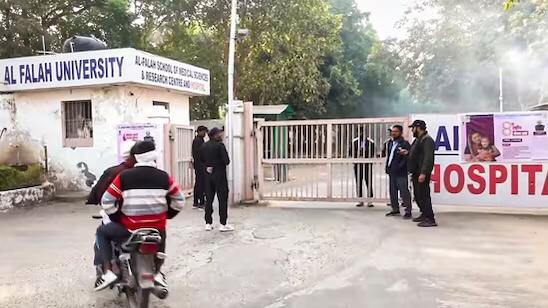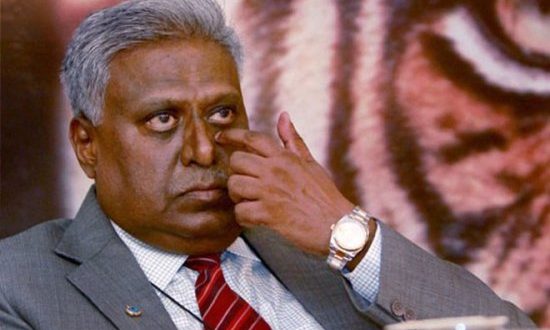Al Falah University, ₹26 Lakh Funding, and Delhi Blast: Key Revelations in Red Fort Case

New Delhi | Nov 23, 2025 Nearly two weeks after the deadly car bomb blast near Delhi’s Red Fort that claimed at least 10 lives, investigators have revealed new details linking individuals and institutions to the so-called “white collar terror module.” The National Investigation Agency (NIA) probe has uncovered connections between some of the accused and Al Falah University in Faridabad, highlighting concerns over funding, recruitment, and extremist networks. Dr Umar Un Nabi, who drove the explosive-laden Hyundai i20, along with other accused, was reportedly associated with Al Falah Medical College as faculty. Authorities say five doctors involved in the terror module collectively raised around ₹26 lakh to finance the planned attacks. Dr Muzammil Ganaie, one of the main accused, told investigators that the group spent almost two years procuring explosives and remote-triggering devices. So far, three doctors, including Dr Ganaie, Shaheen Shahid, and Adeel Rather, have been arrested, while Adeel’s brother, Muzaffar Ahmed Rather, is believed to be in Afghanistan. Nissar ul-Hassan, another former faculty member at Al Falah, remains under investigation for possible links to the module. The probe has also focused on Al Falah University itself. Sources indicate that the institution has a history of connections with terror operatives. Mirza Shadab Baig, a fugitive member of Indian Mujahideen wanted for multiple blasts in 2008, was a former student of the university. Investigators are now exploring potential links between Baig and the recent Red Fort blast, suggesting the possibility of a wider network spanning decades. The university’s founder and the governing trust are also under scrutiny for alleged financial irregularities. The Enforcement Directorate (ED) has claimed that over ₹415 crore in funds were obtained dishonestly, using false claims about NAAC accreditation and UGC recognition to mislead students and parents. These funds are now considered proceeds of crime. Additionally, the National Commission for Minority Educational Institutions has issued a show-cause notice questioning the university’s minority status, following NAAC concerns. University officials, including the registrar and Haryana’s Principal Secretary of Education, have been summoned for a hearing on December 4. This investigation underscores the complex web connecting educational institutions, extremist networks, and funding channels. Authorities are examining both financial irregularities and potential ideological indoctrination at Al Falah University, while continuing to track fugitive suspects and links to historical terror cases. The Delhi blast case highlights the evolving nature of threats in India, where so-called “white collar” modules use professional and educational cover to plan attacks. As the probe continues, officials are monitoring Al Falah University closely for both compliance with accreditation norms and possible links to extremism. The revelations so far have raised serious questions about oversight of private educational institutions and the need for vigilant checks to prevent misuse of academic platforms for criminal activities. Al Falah University, ₹26 Lakh Funding, and Delhi Blast: Key Revelations in Red Fort Case New details are emerging in the investigation of the Delhi Red Fort blast that killed at least 10 people. Authorities have linked some of the accused to Al Falah University in Faridabad, where several faculty members, including Dr Umar Un Nabi who drove the explosive-laden car, were employed. Investigators revealed that five doctors involved in the so-called “white collar terror module” raised ₹26 lakh to fund the planned attacks, spending almost two years acquiring explosives and remote-triggering devices. So far, three doctors, including Dr Muzammil Ganaie, Shaheen Shahid, and Adeel Rather, have been arrested, while other associates remain at large. Authorities are also examining links between the university and past terror operatives, including Indian Mujahideen fugitive Mirza Shadab Baig, who was a former student. Al Falah University and its governing trust are under scrutiny for alleged financial irregularities. The Enforcement Directorate claims over ₹415 crore were obtained dishonestly using false accreditation and recognition claims. The National Commission for Minority Educational Institutions has also issued a show-cause notice questioning the university’s minority status, with officials summoned for a hearing on December 4. The investigation highlights the evolving threats from professional networks used to plan attacks and raises questions about oversight of private institutions to prevent misuse.




